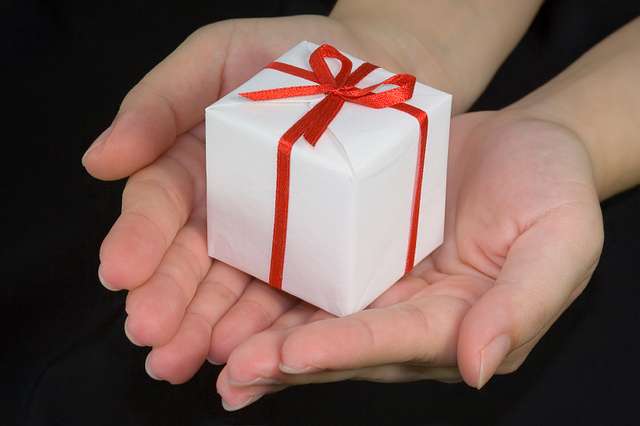With a rich culture, history and several ancient legends, there are plenty of superstitions to be aware of when giving gifts in Japan. Whether you need to send gifts to Japan to thank a host or want to send a gift basket to a business partner, there are things you need to know.

(Source: https://bit.ly/2LxJ1B3)
Numbers, colours and even printed animals can all accidentally offend someone if you don’t know what they mean. Below is a quick guide to help you find the perfect gift for every occasion.
Numbers to Avoid
 >
>
(Source: https://bit.ly/2Myd5BI)
If you have to send a gift never involve the numbers 4, 9 and 43 (e.g. don’t send four pieces of cake).
- FOUR: 4 (四、し、shi) can sound like the word death (死、し、 shi)
- NINE: 9 (九、く、ku) can sound like suffering (苦、く、ku)
- FOURTYTHREE: if it’s for a baby shower, 43 (四三、しさん、shisan) is similar to stillbirth (死産、しざん, shizan).
To be on the safe side, better avoid anything that has a “4” or “9” in it.
Animals to Incorporate Into the Gift
 >
>
(Source: https://bit.ly/2LA1kp4)
Now that you know what numbers to avoid, there are some things you can use to help add more meaning to your gift by using specific animals on the wrapping paper or on the actual gift itself.
- Butterflies can mean joy and longevity.
- Carp can mean good fortune and faithfulness.
- Cranes are perfect for weddings since they mean longevity and good fortune.
- Swallows or a swallow’s tail can represent good luck.
- Turtles can mean longevity making them ideal for baby showers.
Be Careful With Colours
Although you may write with black ink in your own country, when signing a gift card in Japan, you may want to change your pen. Colours have a lot of meaning and are something to be cautious of. Same goes for the colour of the gift wrapping. Here is a quick guide on what you may or may not use colour wise.
- Red is used on tombstones. Do not use it for signing cards. Also, don’t send red Christmas cards as funeral notices are red in Japan. Red and white gift wrapping is good for weddings, though.
- Black can mean death or bad luck. Black combined with red expresses sexuality, so try to avoid it.
- Green can mean eternity and good luck. It is perfect for almost any gift card.
- White can mean holiness. If the card is a solid colour, white ink can be perfect for a baby shower.
- Purple can mean celebrations and decadence. It is a great colour for a festive holiday.
Etiquette for Gift Giving in Japan
 >
>
(Source: https://bit.ly/2MDhqUf)
The exchange of gifts is a central part of business etiquette and of Japanese culture in general. Whether it is for your boss, co-workers or friends, there are a few things you should know.
When to Give a Gift?
There are many occasions when you’re expected to give a gift in Japan. You’ve probably heard about the “giri choco” on Valentine’s Day. There’s the typical “omiyage” (お土産) that you’re supposed to bring back from your trip. Gifts are also exchanged towards the end of the year (oseibo, お歳暮) to express indebtedness and midyear (ochugen, お中元) to show one’s gratitude. These kinds of presents are exchanged among teachers, students, co-workers and business partners. You are expected to reciprocate if someone gives you one. If you’re invited to somebody’s home, you always should bring a little present with you (e.g. cake, cookies or flowers). And of course, there are the typical occasions we have in other countries as well such as Christmas, birthdays, weddings etc.
Giving and Receiving
- Carry the gift in a normal shopping bag, so nobody will know immediately that you bring a present.
- When handing it over, do it with both hands (also when receiving it). If it is for an individual, you need to do it in private and you want to give it to the person towards the end of your visit, not in the beginning like in the western world.
- It’s very common to present a gift with the words “Tsumaranai mono desu ga …” (つまらないものですが・・・, which literally means “It’s something boring, but please accept it …”). It just shows that the relationship is more important than the present itself.
- If you receive a present, don’t open it right away. Do it later when you’re alone, so you don’t have to worry about how to react if you don’t like it.
- Also, it’s polite if you reject the present humbly once or twice. But don’t overdo it!
- Always wrap a present beautifully. Let the shop do it where you purchased it.
- The presentation and meaning of the gift are more important than the gift itself so make sure there is thought behind it.
- Most of these rules don’t apply when you give a present to a (close) friend or family member of yours. It’s a much more casual situation after all.










